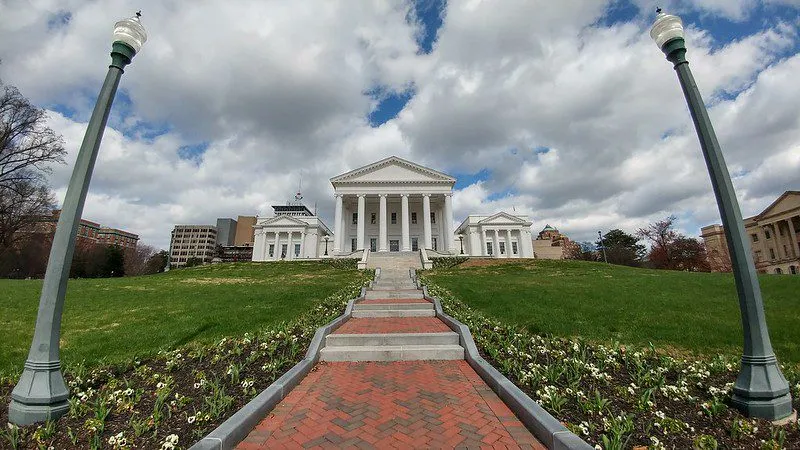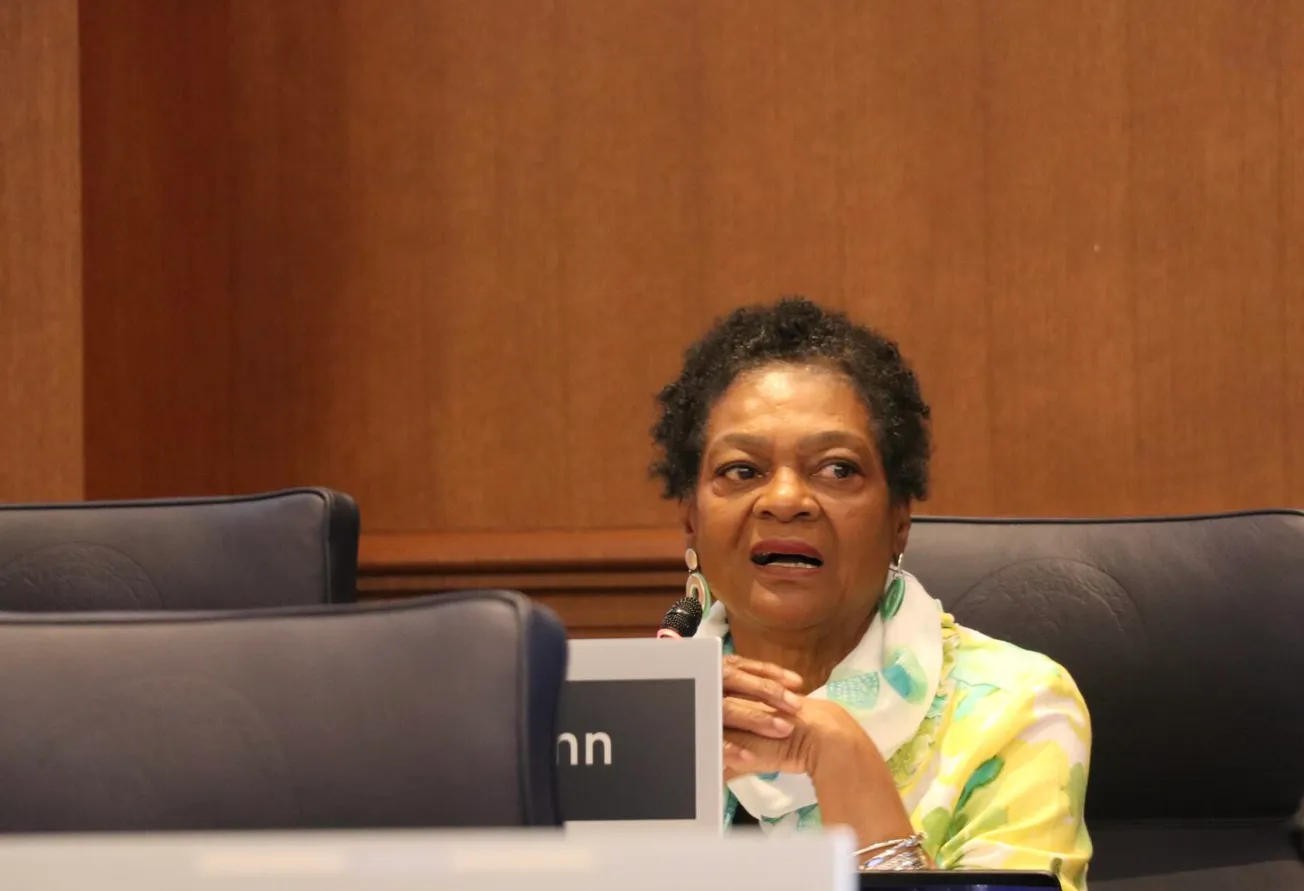General Assembly 2025 — General Assembly — Government — Virginia Government — Destiny LeVere Bolling — Lashrecse Aird — Rodney Willett — Schuyler VanValkenburg — Lamont Bagby — Delores McQuinn — Buddy Fowler — David Owen — Top News
How successful were Henrico legislators in advancing their bills during General Assembly's first half?





